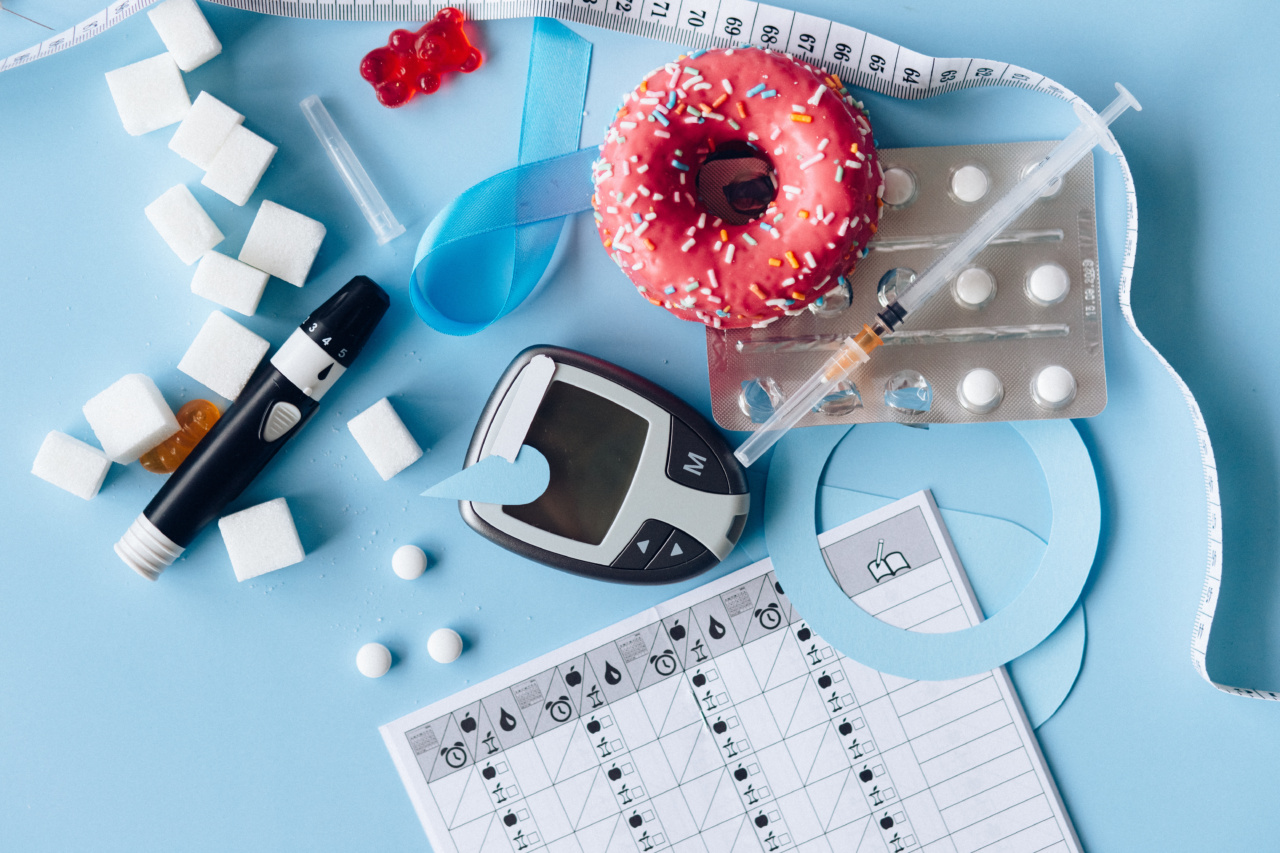Diabetes mellitus is a chronic condition that affects millions of people worldwide. It is characterized by high blood sugar levels resulting from the body’s inability to produce or use insulin effectively.
Proper management of diabetes is essential to prevent complications and maintain good health. Regular testing is a crucial part of diabetes management, as it helps individuals monitor their blood glucose levels and make necessary adjustments to their treatment plan.
In this article, we will discuss the importance of regular tests for diabetes mellitus management.
The Role of Blood Glucose Monitoring
One of the key tests for diabetes management is blood glucose monitoring. This test involves checking the levels of glucose in the blood to determine how well the body is managing its blood sugar.
By regularly monitoring blood glucose levels, individuals can identify patterns, understand how specific foods and activities affect their blood sugar, and make necessary adjustments to their diet and medication.
Hemoglobin A1c Test
The hemoglobin A1c (HbA1c) test is another important test for diabetes management. This test provides an average measurement of blood sugar levels over the past two to three months.
By measuring the percentage of hemoglobin that is coated with sugar, healthcare providers can assess the effectiveness of a person’s diabetes treatment plan. The HbA1c test is typically performed every three to six months, and the target goal may vary depending on individual circumstances.
Lipid Profile Test
People with diabetes are at a higher risk of developing heart disease and other cardiovascular complications. High cholesterol levels can increase this risk further. Therefore, individuals with diabetes should undergo regular lipid profile tests.
This test measures the levels of various types of cholesterol, including LDL (bad) cholesterol, HDL (good) cholesterol, and triglycerides. Monitoring lipid levels helps healthcare providers track the effectiveness of cholesterol-lowering medications and lifestyle modifications in reducing the risk of cardiovascular events.
Kidney Function Tests
Diabetes is a leading cause of kidney disease. Monitoring kidney function is essential to detect early signs of kidney damage and prevent further complications.
Tests such as measuring urine albumin levels, estimating glomerular filtration rate (eGFR), and checking serum creatinine levels help assess kidney function. Regular kidney function tests are crucial for diabetes mellitus management as they can prompt healthcare providers to adjust medications, recommend dietary changes, or refer individuals to a nephrologist if necessary.
Eye Exams
Diabetes can damage blood vessels in the retina, leading to diabetic retinopathy, a serious eye condition that can cause vision loss or blindness.
Regular eye exams, including dilated eye exams, help detect any signs of retinopathy at an early stage when treatment options are more effective. It is recommended that individuals with diabetes undergo a comprehensive eye exam at least once a year.
Foot Exams
Diabetes can impair blood flow and nerve function in the feet, making individuals with diabetes more prone to foot problems such as infections and ulcers.
Regular foot exams, performed by a healthcare professional, help identify any foot issues early on and prevent complications. These exams may include checking for cuts, sores, or signs of infection, assessing blood flow, and testing for loss of sensation.
Diabetes Self-Management Education
While regular tests play a crucial role in diabetes management, education is equally important. Diabetes self-management education (DSME) equips individuals with the knowledge and skills to effectively manage their condition.
DSME programs cover a wide range of topics, including blood glucose monitoring, medication management, healthy eating, physical activity, and coping strategies. Individuals who participate in DSME programs have been shown to have improved diabetes management outcomes and a reduced risk of complications.
Impact of Regular Testing on Diabetes Management
The primary goal of regular testing for diabetes management is to achieve and maintain target blood glucose levels. By closely monitoring blood glucose, individuals can make informed decisions about their diet, exercise, and medication.
Regular testing allows for timely adjustments in treatment plans, ensuring that individuals can effectively manage their diabetes and reduce the risk of long-term complications.
Moreover, regular testing provides healthcare providers with valuable information to make informed decisions about diabetes management.
By analyzing test results, healthcare providers can identify trends, evaluate the effectiveness of current treatments, and make necessary adjustments to achieve optimal outcomes.




























